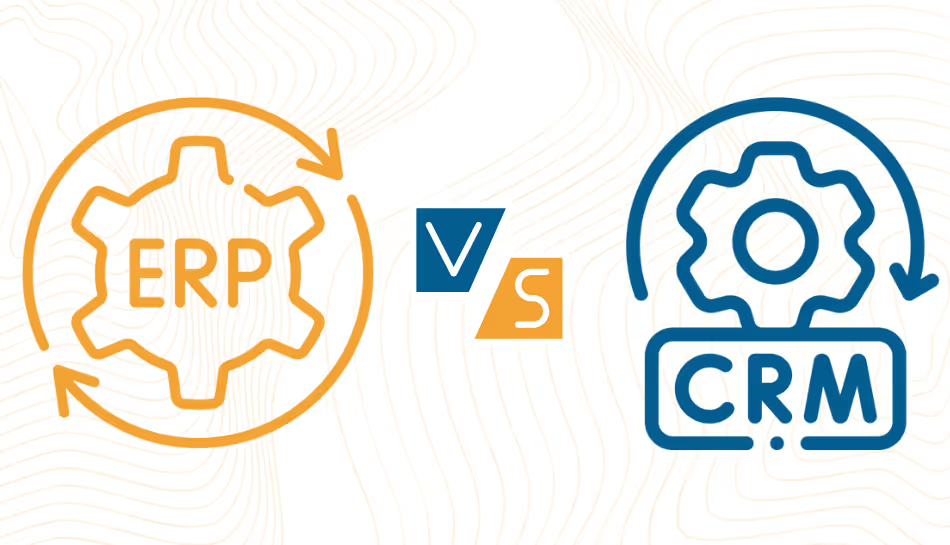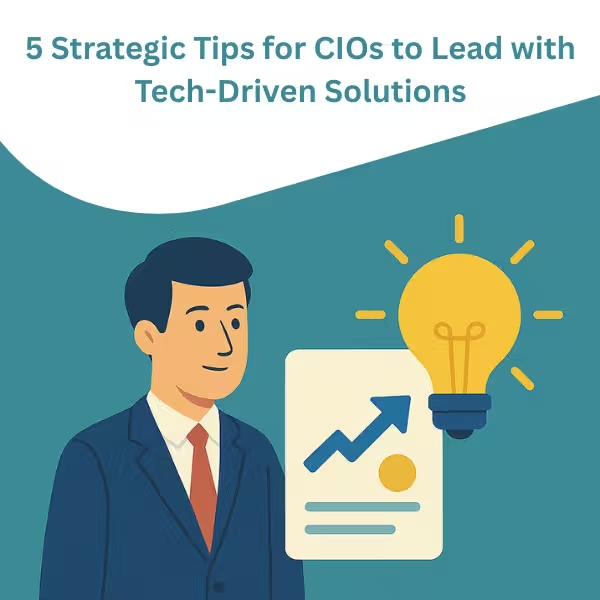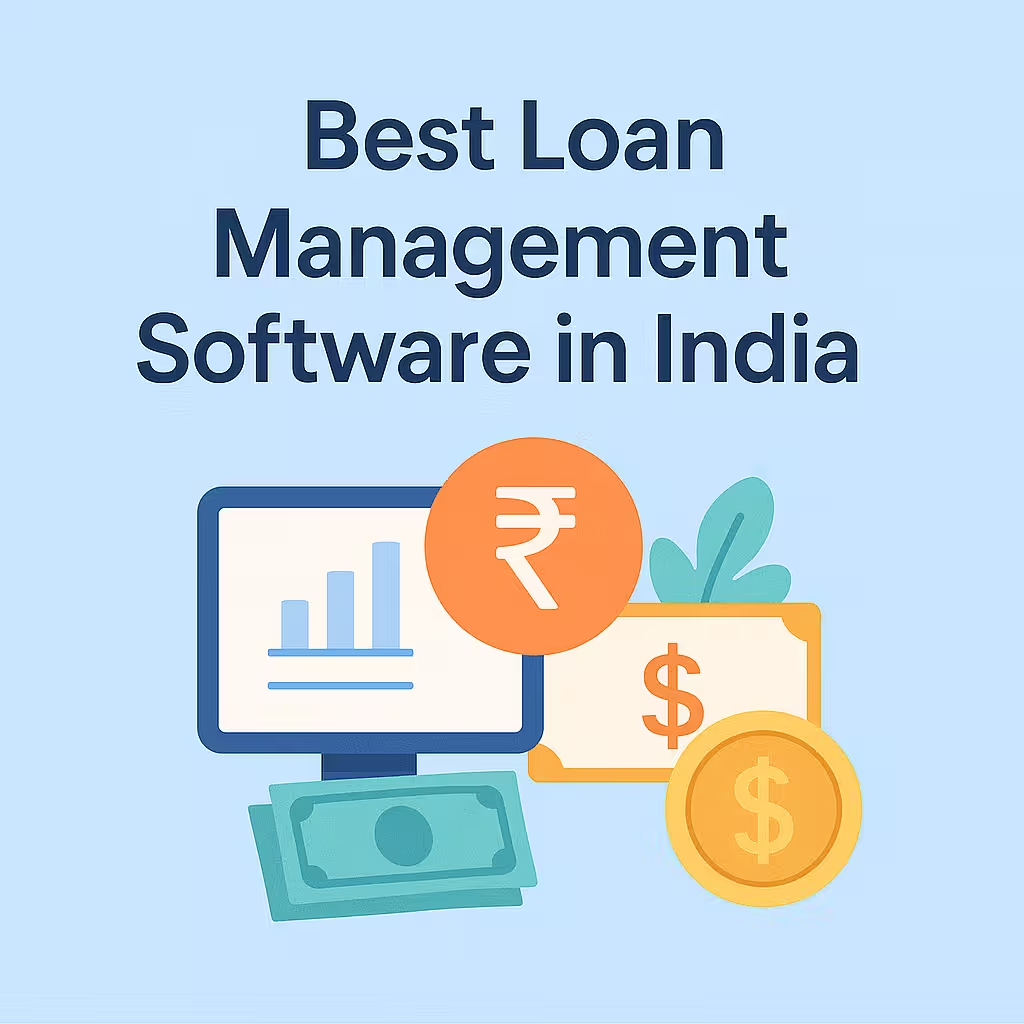
As your business grows, managing operations, customers, and resources becomes more complex. That’s when you start hearing terms like ERP and CRM. Both are powerful tools, but they serve different purposes. Choosing the right one, or combining both, can help you run more efficiently, serve customers better, and scale faster.
So, ERP vs CRM... which one does your business really need? Let’s break it down differences between ERP and CRM for businessess.
What Is ERP?
ERP (Enterprise Resource Planning) software helps businesses manage their internal operations. Think of it as the central nervous system of your company. It integrates functions like:
- Finance and accounting
- Inventory and supply chain
- Procurement
- Human resources
- Production planning
- Project management
With an ERP system, you get one centralized place to track business processes, avoid duplication, and make better decisions based on real-time data.
What Is CRM?
CRM (Customer Relationship Management) software, on the other hand, focuses on the customer side of your business. It helps you manage:
- Sales pipelines
- Customer communication
- Leads and follow-ups
- Marketing campaigns
- Customer support and service
In short, CRM software helps you build and maintain strong relationships with your customers. It’s especially useful for sales and marketing teams that rely on clean customer data and consistent engagement.
ERP vs CRM: What’s the Difference?
Still wondering what are the differences between ERP and CRM for businesses? Here's a quick way to remember it:
- ERP = Back-end operations (what happens behind the scenes)
- CRM = Front-end interactions (how you connect with customers)
In most companies, CRM and ERP systems work in different areas, but both are essential for long-term success. Let us figure out how ERP and CRM systems can work together in business.
When Do You Need ERP?
If you struggle with things like:
- Tracking stock and inventory
- Managing multiple departments
- Manual accounting and billing
- Delayed reporting or financial forecasting
Then an ERP system might be the better choice. It helps you reduce operational chaos, improve productivity, and save costs by automating routine business tasks.
When Do You Need CRM?
If your biggest issues are:
- Losing track of leads
- Unorganized customer data
- Low conversion rates
- Poor customer service
Then CRM software is what you need. It centralizes all customer-related data so your sales, support, and marketing teams can work smarter and respond faster.
Why you need both ERP and CRM in your business strategy:
Many businesses find they need both. That’s where ERP and CRM integration comes in.
When your CRM and ERP software work together, you get a complete view of both customers and operations. For example:
- A sales team using CRM can see real-time stock availability from ERP
- Finance teams using ERP can invoice customers based on CRM-generated orders
- Managers can access full reports covering customer behavior and business performance
Using an integrated system or unified ERP and CRM solution reduces manual work, improves collaboration, and makes your business more responsive.
ERP or CRM: Understanding the role of ERP vs CRM in business operations
Here are a few quick questions to guide your choice:
- Are you struggling more with customer management? → Go with CRM
- Is your back office inefficient or disconnected? → Choose ERP
- Do you want one platform to manage everything? → Look for CRM and ERP software together
Final Thoughts
There’s no one-size-fits-all answer in the ERP versus CRM debate. Some businesses start with CRM to boost sales and switch to ERP as operations expand. Others start with ERP to fix internal chaos and later add CRM to grow their customer base.
If you're ready to explore the best ERP and CRM software, make sure to choose a provider that understands your industry and offers flexible, scalable solutions.
Whether you choose ERP, CRM, or both, the right tools will help you stay organized, serve customers better, and grow with confidence.
The best option often depends on your business size, industry, and current pain points.

